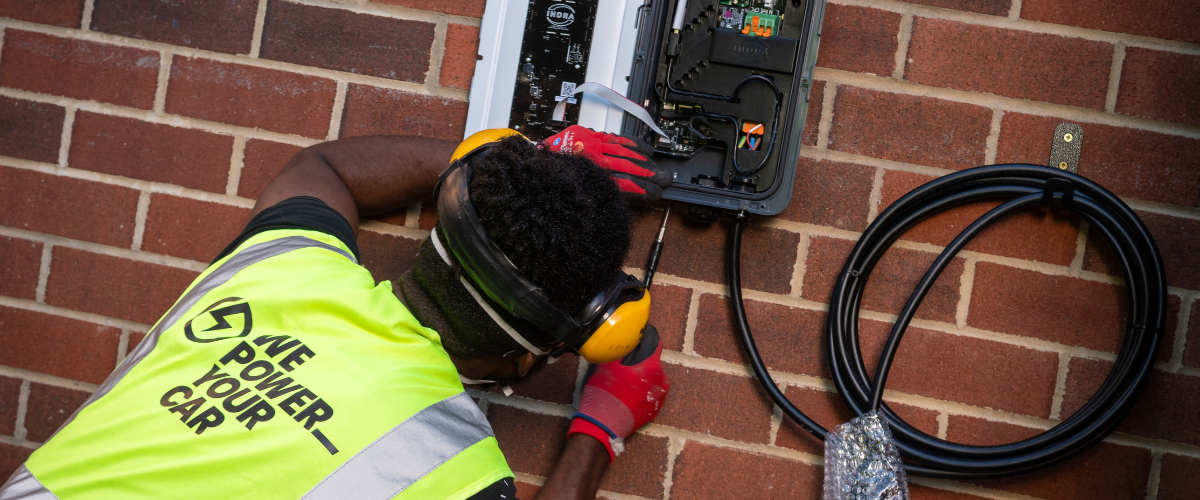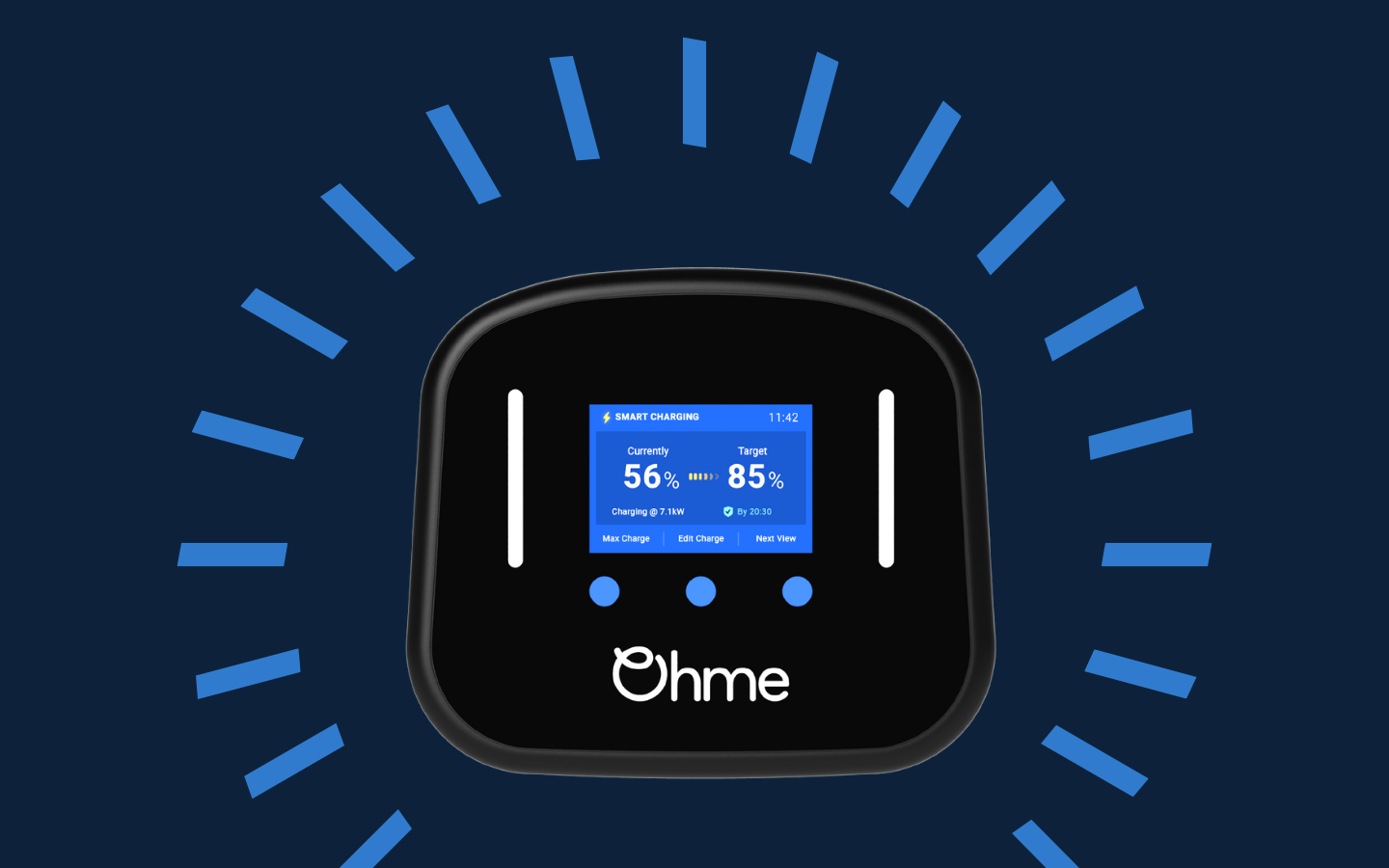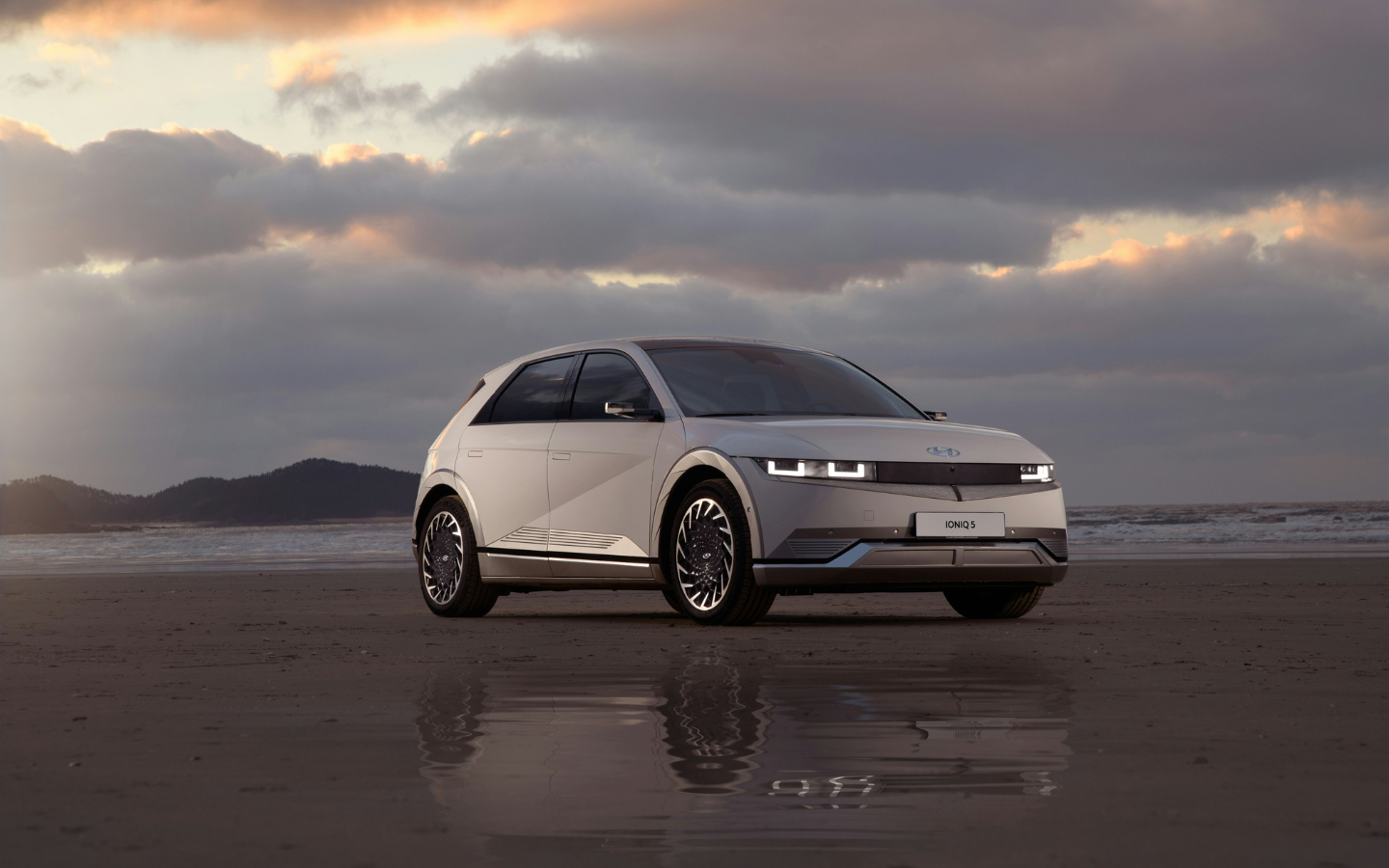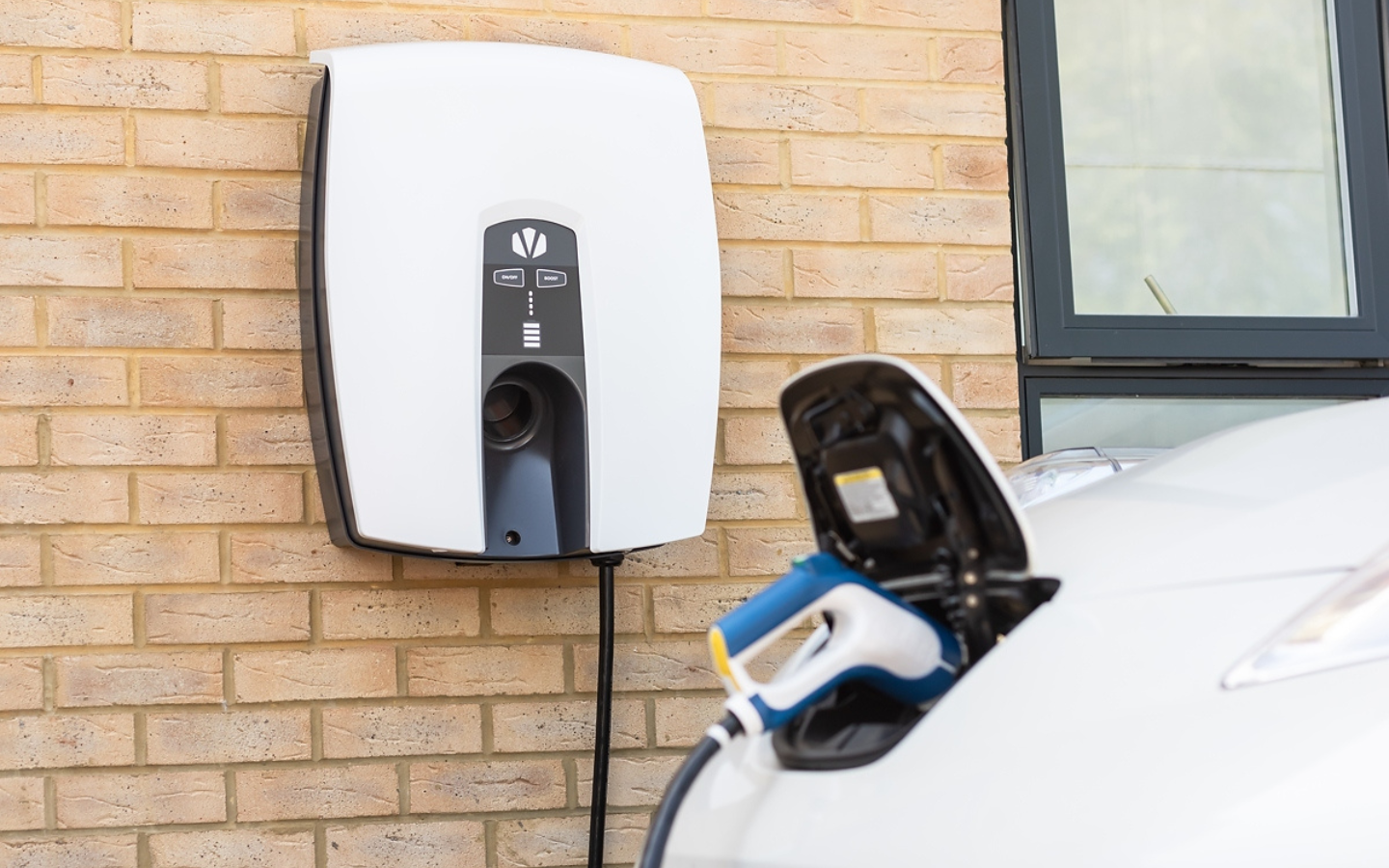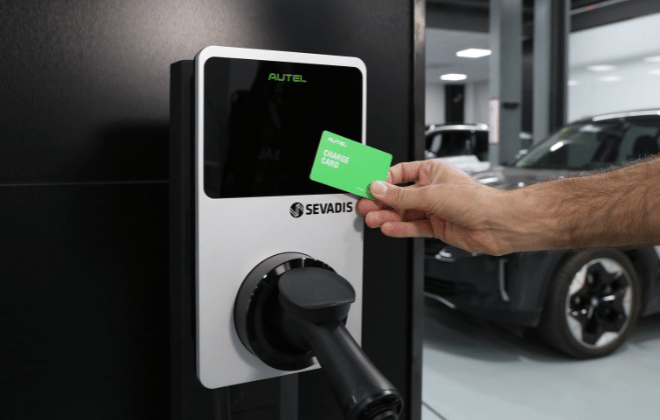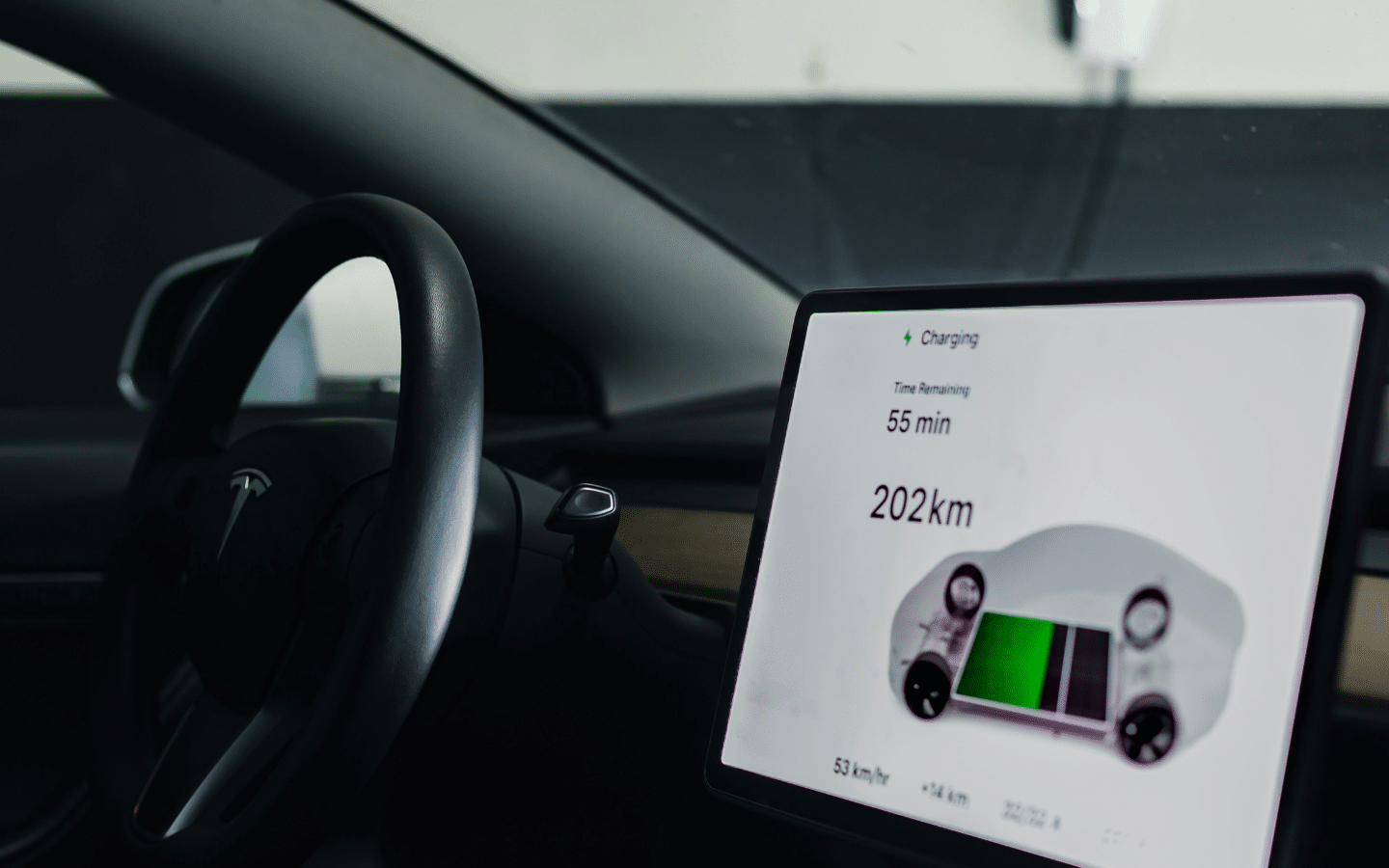

How Long Do Electric Car Batteries Last?
You utter the words electric car, and nine times out of ten, someone will mention their batteries.
Bad for the environment. Too small. Too big. Too heavy. Too expensive. The list goes on…
Electric car batteries come under constant scrutiny.
But sit back and relax as we take you through the facts and fiction, debunking the rumours surrounding electric car battery life. From how long EV batteries last to whether they’re a blight on Mother Earth. Our comprehensive guide to electric vehicle batteries covers everything you need to know.
What is an electric car battery?
In short, an electric car battery is the very heart of the electric car. Made of lithium-ion, these batteries store energy and release that power to spin the wheels and propel you forward. Unlike old petrol engines that burn, cough, and splutter carbon clouds, an EV battery uses clean, silent power.
As you probably know, electric car batteries – made of thousands of cells rather than one big brick-like cell – are rechargeable. And, in turn, you charge them via a charging point, not refuel them at a petrol station. How does this process work? Electricity from the grid travels through the charging point and the EV charging cable, delivering energy straight into the core of the EV battery.
We quantify an electric car battery’s capacity in kilowatts and kilowatt-hours.
How big is an electric vehicle battery?
EV battery sizes vary. And electric car batteries equate to range. So, the size of an electric car battery depends on the electric car. The smaller the kW and range, the smaller the electric car battery.
For example, the Nissan Leaf has a 40 kWh battery. A Porsche Taycan, on the other hand, has an 82.3 kWh battery size.
How long do electric car batteries last?
One of the biggest EV myths is that electric car ranges are too small. That they degrade too quickly. Making EV batteries null and void in terms of longevity.
With this mindset, range anxiety has quickly spread its fingers and dug its nails into the core of society. And in turn, the reputation of electric car batteries has been corrupted.
To this? We say, don’t worry. And while yes, battery degradation is a thing (decreased efficiency and, in turn, range over time), as experts in the field, we can assure you that an electric vehicle battery’s lifespan isn’t a cause for concern.
Let’s explain why.
According to the National Grid, electric car batteries are expected to last a whopping 15-20 years. Plus, a recent study from GEOTAB shows how EV batteries can last up to 20 years. Now, compare this to a petrol car, on the other hand, which is recorded to last around 10-12 years.
So, at a brief glance, EVs and ICE vehicles have a similar life expectancy. Or, looking at this data, you could even go as far as to say that an electric car’s battery lifespan is longer than an ICE vehicle’s lifespan—a shocking revelation.
On top of this, it’s likely you will want to swap your car by the time issues may appear, too, with almost three in five UK drivers changing their car every 1-3 years.
Of course, the icing on the cake is that electric car manufacturers offer a warranty of eight years or 100,000 miles, whichever is first. Even if your electric car battery needs more frequent top-ups, you can get it swapped.
Where do old EV batteries go?
The lifespan of an EV battery is not short, despite what you may think.
Immediately, you might think electric car batteries go straight to a landfill, piled secluded atop a mountain of rubbish. Destroyed. Dismantled. Dumped. But that’s not true.
After an EV’s life, you may reuse the batteries and give them another life elsewhere—a second life, or maybe even a third. Experts can turn EV batteries into energy storage systems, similar to Tesla Powerwalls, which store excess energy for later use. Save energy, time and money.
Old electric car batteries can power any building of your choosing, including homes, businesses, or even larger buildings. For example, 250 Nissan EV battery packs now power the Amsterdam Arena.
Once they’ve completed their duty, empty EV batteries, or almost empty ones, are then recycled. Any remaining resources or materials are squeezed out, reused, and recycled.
What happens during EV battery recycling?
Raw materials are taken from the EV battery. Lithium, cobalt and nickel can all be extracted and then turned into a brand-new battery, restarting the lifecycle again.
Currently, there are two ways to recycle. BBC’s guide will take you through the EV battery recycling process in detail.
EV battery recycling is not advanced by any means. Often, the recycling process is labour-intensive, requires expertise due to potentially dangerous substances (black mass), and, in turn, is expensive.
But developments are and will continue to be made as electric cars become the future (remember, 1,850,000 EVs are already on UK roads).
In fact, manufacturers, the government and more are pumping funding into developed EV battery recycling, with new research, new expansions, and new plants in creation. For example, the UK’s first EV battery recycling plant has received new funding to expand.
Experts hope to create a circular economy for electric car batteries. Soon, the process will become even greener.
You might be asking, ” Are electric car batteries eco-friendly?
While EV batteries are reused and recycled and power cleaner, greener transport, there is some heat, mostly notoriously in the first stage of creation.
And we are here to provide only the truth.
In the early stages of EV creation, during the mining stage, carbon emissions are at their highest. Mining, unfortunately, has a high carbon footprint. But that’s where the problem ends.
Throughout an electric car’s life, they are more eco-friendly. EVs are zero-emission at the tailpipe, so when you’re driving your car, you are emitting no CO2 into the air.
Add in how EV batteries can be reused and recycled, and overall, electric cars and their batteries are still more eco-friendly than their ICE counterparts.
How do I take care of my electric car battery?
You may not know that your everyday driving behaviour can encourage your EV battery to degrade faster. But don’t worry. We have collected the best tips and tricks to maximise electric vehicle battery life and minimise battery degradation.
For one, you can limit rapid charging at public charging stations and instead top up at home.
EV Battery Life Summary:
The lifespan of an electric car battery is typically anywhere between 15 and 20 years. Once you finish using an EV battery in your car, experts can reuse it for another two or three lives elsewhere. After this, at the end of the line, an electric vehicle battery can be recycled.
One way to help slow down electric car degradation is with a home EV charger. Stop fully charging and opt for quicker, better, shorter charging sessions.
Invest in an electric car charger today. We offer a wide range of the UK’s leading EV chargers, from Ohme to Easee. Plus, with our EV charger installation packages, we offer EV charger supply and installation, inclusive of everything you need.
So sit back and relax: let us handle the heavy lifting. From DNO applications to grant forms to installation and aftercare, We Power Your Car provides the complete package.
And, with EV charger installers across the UK, we can install wherever you are – with first-class customer service.
Don’t believe us? Check out over 2,000 Trustpilot Reviews.
